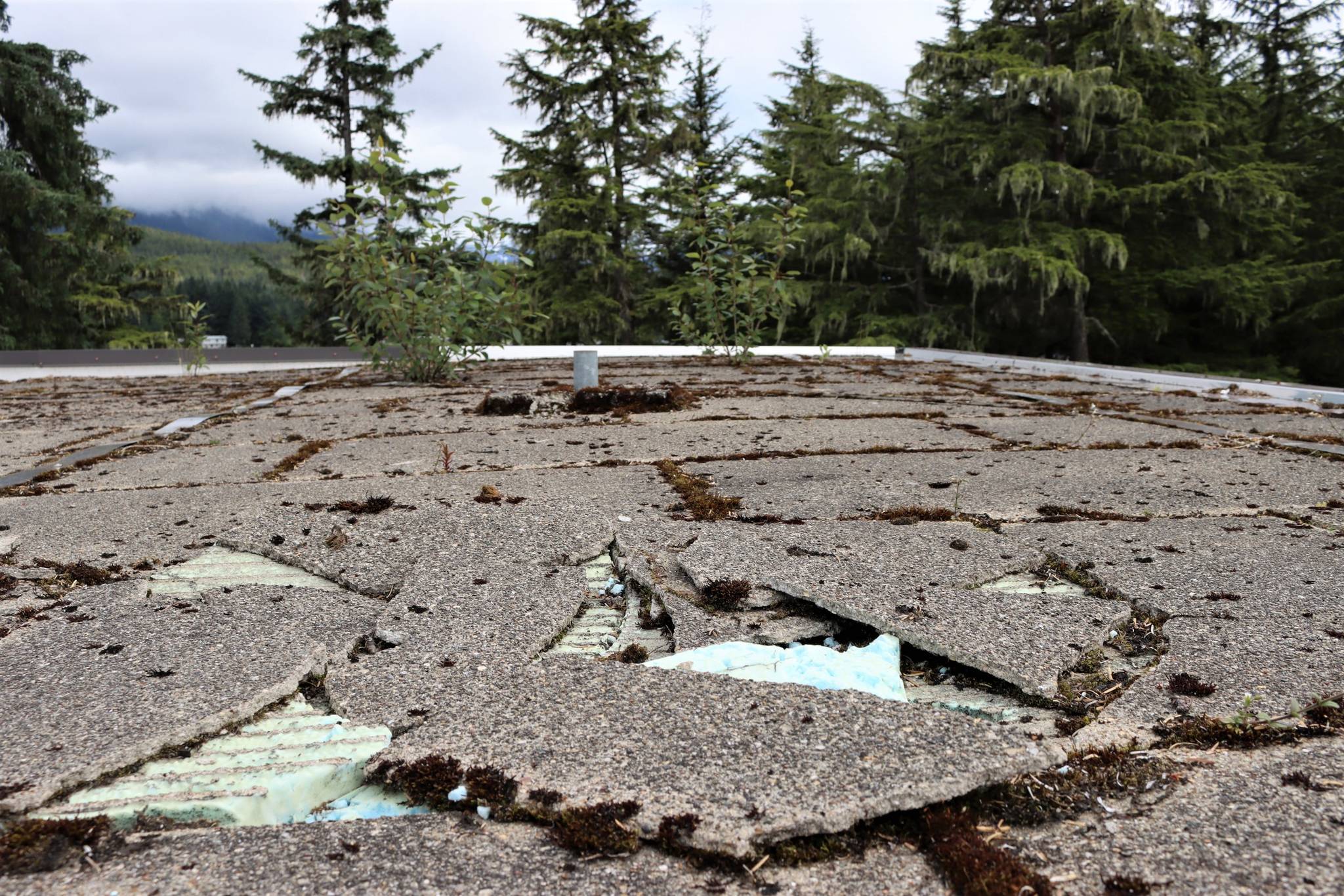In an effort to boost confidence among students the University of Alaska announced it will continue grant and scholarship programs despite the funding for those services being locked in a Legislative budget battle.
“Our students rely on these important financial aid tools to fund their education, and they have worked incredibly hard to earn these awards. I am particularly proud that 86 percent of those receiving the APS and AEG have chosen to attend one of our three universities,” UA Interim President Pat Pitney said in a release.
A fractious legislative session has staggered this year’s budget progress and elected officials are still divided over several critical issues. Another special session is scheduled for August but Pitney said university officials wanted to create certainty for the roughly 5,400 Alaskans awarded scholarships and grants.
The university will continue to honor Alaska Performance Scholarship and Alaska Education Grant awards for new and continuing students in the fall semester, UA said in a release, in an effort to encourage students to pursue their education goals without financial stress.
Also Thursday, Gov. Mike Dunleavy announced line-item vetoes to the state’s budget which included cuts to maintenance funds slated for University of Alaska Southeast’s Juneau campus. The vetoes reduce the school’s ability to address deferred maintenance items, said UAS Vice Chancellor Michael Ciri in an email, raising the day-to-day cost of maintenance.
The governor’s vetoes included $1 million each for roof and fuel tank replacements and safety improvements and regulatory compliance at the UAS Juneau campus, according to a summary from the Office of Management and Budget.
“If we are unable to fund a roof replacement in a timely way, UAS will need to spend more day-to-day operating funds addressing leaks and other issues resulting from old roofs,” Ciri said. “This results in reduced funding available for areas such as instruction, student support and recruitment.”
Money for scholarships was allocated by the Legislature, but the funding comes from the Constitutional Budget Reserve of the Alaska Permanent Fund which requires a three-quarter vote in both bodies for the state to access. Neither the House of Representatives nor the Senate voted to access the CBR when they passed a budget last month leaving several state programs unfunded until lawmakers can achieve that vote.
The high vote threshold for that vote has traditionally been a bargaining chip for minority caucuses who withhold their votes in exchange for political concessions. But deep divisions in the Legislature have led to a fractious budget process and the soonest those funds might be available is during lawmaker’s next special session, currently scheduled to begin Aug. 2.
[Gov announces $215M in vetoes —lawmakers’ per diem payments, PFD are among cuts]
Pitney said in the letter she’s confident the funds will eventually become available, but the university wanted to assure its students they could continue their studies despite the political deadlock. The budget situation also impacts funding for the state’s medical student program, the Washington, Wyoming, Alaska, Montana, and Idaho School of Medical Education at UA Anchorage, Pitney said, which provides $3.2 million to support 80 UAA medical students.
In an email, UAS public information officer Keni Campbell said the school was communicating with about 150 students affected by Alaska Performance Scholarships or WWAMI funding.
“We encourage scholarship recipients to stick to their education plans to attend UAS this fall. UA leadership will be working closely with the Governor and the legislature to ensure the scholarships are funded,” Campbell said.
Scholarships were successfully funded in 2019 when this same scenario occurred, Campbell said.
The university is looking at several funding options for the scholarship and grant awards, UA spokesperson Roberta Graham said in an email, but university officials remain confident the issue will be resolved in the August special session.
Both Campbell and Pitney asked concerned Alaskans to contact their legislators and reaffirm the importance of university funding.
“Your voice is critical for communicating the importance of these programs for the long-term,” Pitney said. “Please reach out to legislators and the governor to express the need to resolve this issue as soon as possible.”
• Contact reporter Peter Segall at psegall@juneauempire.com. Follow him on Twitter at @SegallJnuEmpire.

